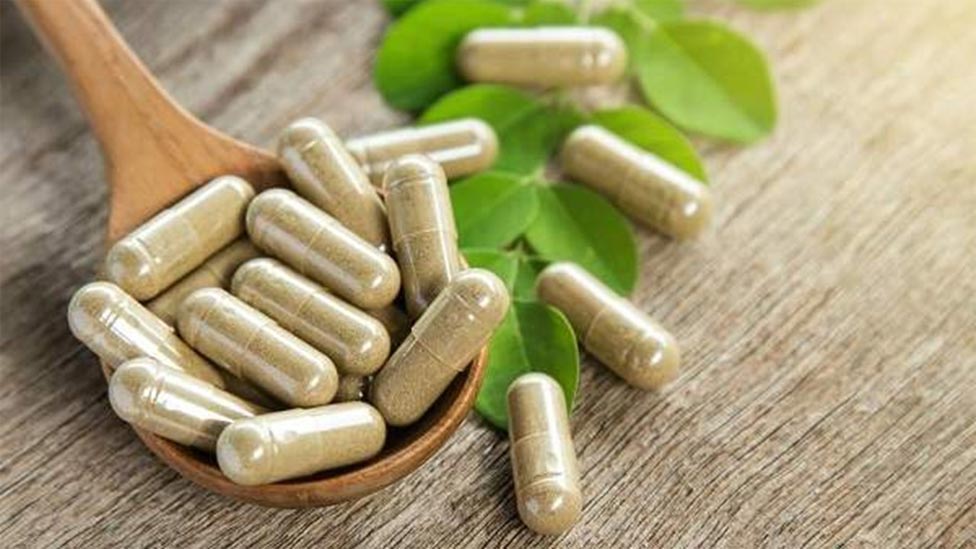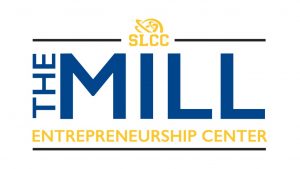Capsules are one of the most common and most efficient forms of taking medication and supplements. Compared to pills, consumers often find capsules easier to swallow, and they can be used to mask unpleasant tastes or smells by creating a barrier around the ingredients. Additionally, capsules dissolve quickly in the intestines and are most of the time are relatively easy to manufacture compared to tablets.
While gelatin capsules have been traditionally used in the pharmaceutical and neutraceutical industries, advances in ingredient research and technology have introduced two vegetarian options: HMPC and Pullulan capsules, which cater to the growing niche of consumers who are more conscious about the quality and sources of their supplements.
But does the kind of capsule used really make a difference in the supplement manufacturing process? Let’s find out today.

Gelatin Capsules
Once upon a time, almost all vitamin capsules were made from bovine gelatin. However, as vegetarianism and sustainability became more popular, market trends moved away from this option. Traditional gelatin capsules, both hard and soft shells, are usually derived from the hydrolysis of collagen from bovine, fish or swine. Gelatin capsule benefits include having a diverse range of release profiles from enteric (slow) release to fast release of the active fill. In the current market, gelatin capsules are more broadly used than other options because of its lower production costs.
HPMC Capsules
HPMC, which stands for hydroxypropyl methylcellulose, is derived from plant cellulose – a non-organic vegan and vegetarian option. It is a clear, tasteless, vegetarian and vegan appropriate material that is normally made by extraction from wood pulp. The HPMC capsule shell has no natural taste, smell or color, making it an ideal gelatin capsule alternative. They also offer additional advantages, particularly a lower moisture content, which makes them suitable for moisture-sensitive ingredients and manufacturing processes. This allows for a range of storage options with less chance for brittleness or breakage.
Pullulan Capsules
Pullulan capsules, also called vegetarian or organic capsules, are made from tapioca starch extracted from the cassava plant. While they can perform similarly to HPMC capsules in terms of function and stability in humidity, pullulan capsules can come from organic sources. This means that although they can be more costly to produce then both gelatin and HPMC, pullulan capsules can obtain both vegetarian certification and organic certification, and are appropriate for individuals who follow vegetarian, vegan, kosher, and halal diet restrictions – which matters to more discerning, health-conscious consumers.

Capsules, whether gelatin or vegetable-based, are well-received by consumers and represent a viable option as a dosage form for dietary supplements.
As a global contract manufacturer, Vitalpax offers only the highest quality in encapsulated supplements for various international markets. We not only take into consideration the safety and stability of our product; we also take very seriously the diverse environmental, health, religious, and dietary restrictions of our consumers. This is why proudly offer organic pullulan capsules as part of our extensive supplement manufacturing selection. Pullulan vegetarian capsules offer all the same benefits of traditional gelatin capsules without using any animal products. They are safe, stable, easily digested, and even offer protection for moisture-sensitive and oxygen-sensitive ingredients.
Altogether, organic vegan capsules are an awesome concept to be familiar with. At Vitalpax, a majority of our products are available in organic pullulan capsule form to ensure that everyone has the chance to find the product that suits them best. Give us a call and we’ll help you decide what capsule form is right for your supplement brand.
- Cleveland Clinic. “Probiotics.” 3 Sept. 2020, https://my.clevelandclinic.org/health/articles/14598-probiotics.
- Harvard Medical School. “The benefits of probiotics bacteria.” Harvard Health Publishing. 7 Jun. 2017, https://www.health.harvard.edu/staying-healthy/the-benefits-of-probiotics.
- Pessione, Enrica. “Lactic acid bacteria contribution to gut microbiota complexity: lights and shadows.” Frontiers in cellular and infection microbiology vol. 2 86. 22 Jun. 2012, doi:10.3389/fcimb.2012.00086, https://www.ncbi.nlm.nih.gov/pmc/articles/PMC3417654/.
- Ruiz, Lorena et al. “Bifidobacteria and Their Molecular Communication with the Immune System.” Frontiers in microbiology vol. 8 2345. 4 Dec. 2017, doi:10.3389/fmicb.2017.02345, https://www.ncbi.nlm.nih.gov/pmc/articles/PMC5722804/.




